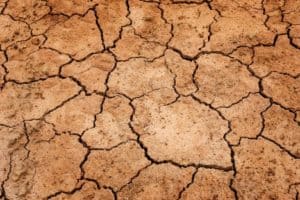If you haven’t noticed, it’s hot outside. This heat is affecting more than just you and I; your trees and shrubs feel it too! Trees need water to survive, and with a lack of rain, they need our help to stay strong. Here are some things you need to know about this summer’s drought and what it means for your trees and shrubs.






